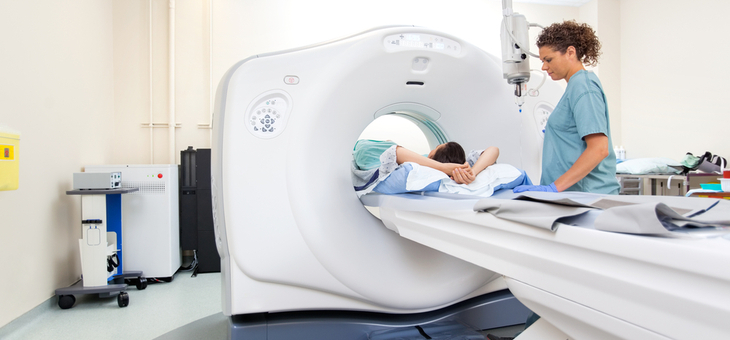Australia has the highest cancer rate in the world, according to the World Cancer Research Fund (WCRF), and the government’s licensing arrangement for CT scanners is a major concerning factor.
That’s the view of Dr Arthur Chesterfield-Evans, a former politician and anti-tobacco campaigner, who says government inaction on the use of CT (computed tomography) scanners is contributing to our sky-high cancer rate.
The WCRF says Australia has 468 deaths per 100,000 people, seven per cent ahead of NZ (438), 33 per cent ahead of the US (352), 40 per cent ahead of Canada (334), 47 per cent ahead of the UK (319), 59 per cent ahead of Sweden (295) and 89 per cent ahead of Japan (248). And our cancer rate has risen 22 per cent since 1982.
OECD data shows that Australia has more CT machines than any other country per million inhabitants, except Japan. And a CT scan, according to a University of Melbourne study of Medicare statistics, increases the risk of any cancer by 24 per cent. This increases another 15 per cent for each subsequent CT.
Dr Chesterfield-Evans said that when CT machines were introduced, the federal government licensed them, making them an investment being paid off through their use. “This created an incentive for more scans and scanners,” he said. “It was a very short term and expensive solution.
“When MRIs (magnetic resonance imaging scanners which do not use radiation) became freely available and proved to be a better and more sensitive modality for neuro, musculo-skeletal and soft tissue organs, the government was not going to make the same financial mistake, so only allowed MRIs to be licensed in small numbers.
“CTs continue to dominate the radiological diagnostic practices … with seemingly little knowledge or concern about the consequent radiation doses to the population.”
Dr Chesterfield-Evans said that as part of the restrictions on MRIs, GPs were not permitted to order them on Medicare, although they could order CTs.
“The diagnostic sequence then becomes a visit to a GP, a CT, a specialist referral, the specialist orders an MRI, and a second visit to the specialist to get the result and advise,” he said.
“Clearly, if the GP were to order the MRI and make a decision, it would save the CT and two specialist visits which would lead to a large saving.
“Depowering GPs has increased medical costs and unnecessarily irradiated the population.”
Dr Chesterfield-Evans said that the use of CTs continued in areas even where they were not effective.
“CTs are currently used to diagnose stroke, but have a false negative rate of 83 to 90 per cent, whereas a 90-second MRI has a diagnostic confidence rate of over 99 per cent.
“MRIs do not have to be ‘tunnel machines’ and can be ‘multi-positional open units’, diagnosing individual body parts, replacing X-rays in limb fractures in emergency departments, or even have mothers holding their infants while they are scanned.”
He urged the governments to phase out CTs and increase the number and variety of MRI machines, noting that Australia had 14 MRI scanners per million population compared with 40 in the US and 56 in Japan.
“We should aim to have zero radiation risk in medical radiology, especially when this is now available,” he concluded.
Were you aware of the high radiation involved in CT scans? Will you now insist on MRIs?
If you enjoy our content, don’t keep it to yourself. Share our free eNews with your friends and encourage them to sign up.
Related articles:
Holy Ggrail of pain relief?
Can the big O keep the doctor away
How to use these eight super foods

